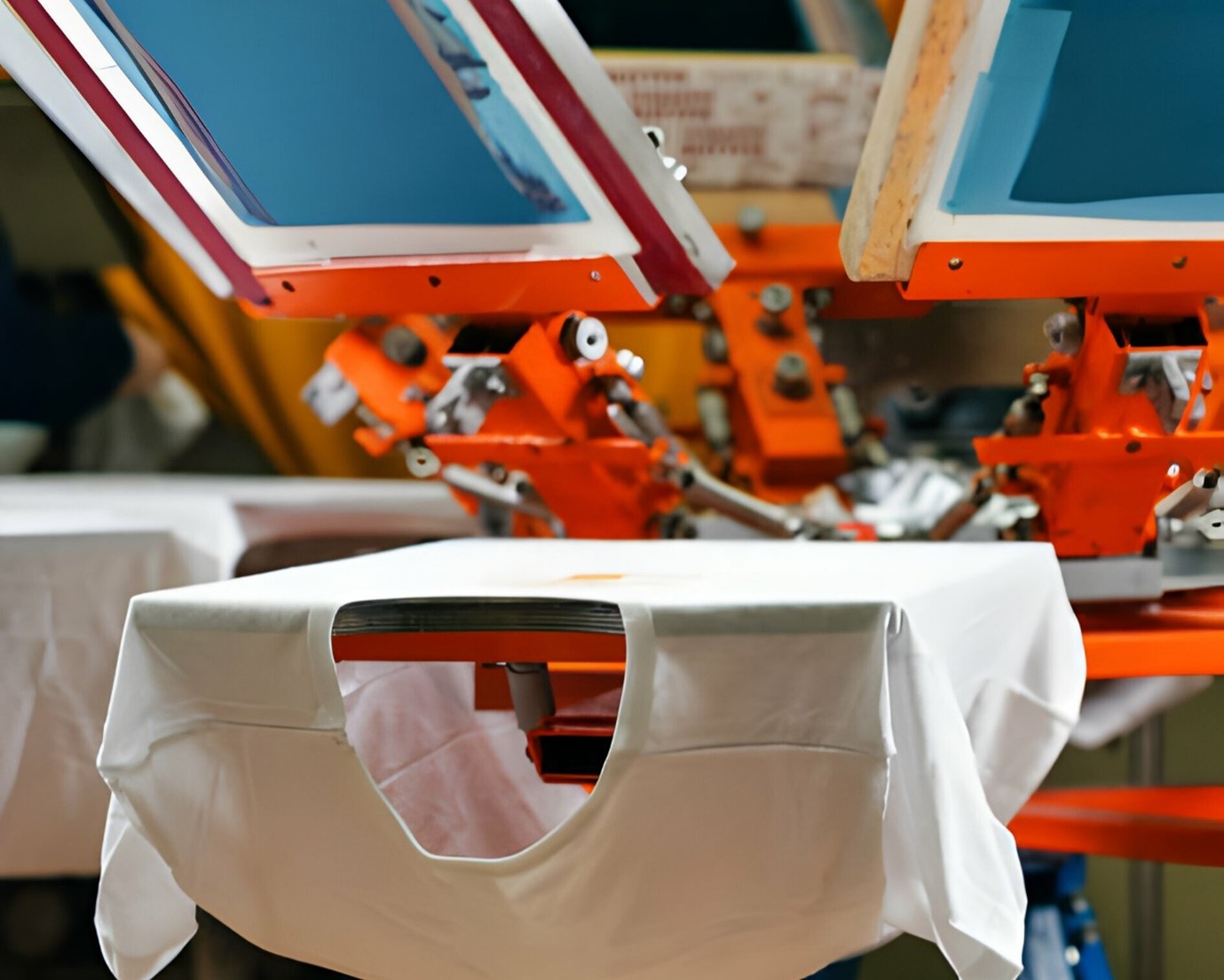T shirt printing refers to the
process of transferring a design or graphic onto a t shirt or garment. This
technique enables manufacturers, brands, and consumers to customise their clothing
pieces, making them more expressive and personal. The process can be as simple
as applying heat transfers or as advanced as implementing digital
direct-to-garment (DTG) techniques.
Within the fashion industry, t shirt printing carries significant weight. Enabling self-expression, the art of printing on t-shirts fosters diversity and uniqueness in styles. T-shirts are no longer plain and uninspiring; they have become a canvas for creativity, reflecting social movements, popular culture, and individual identities.
Moreover, in the commercial context, printed t-shirts serve as a marketing tool for companies seeking to increase brand awareness. Think concert merchandise or promotional tees - these printed pieces can drive customer loyalty and engagement. But beyond commercial gains, t shirt printing has also evolved to address sustainability concerns, with manufacturers leaning into using organic dyes and ethical fabrics.
History and Evolution of T Shirt Printing
The roots of t shirt printing go back to the 1960s, where the idea of customised clothing began to take root in the popular culture of the time. Screen printing was the primary medium used, owing to its affordability and versatility. The development of technology, however, expanded the realm of possibility within t shirt printing.
From simple screen prints, the industry ventured into more advanced technologies like heat transfers and DTG printing, which offered better print quality and durability. Today, with the rise of the internet, trends like print-on-demand are thriving, allowing consumers to personalise their t-shirts with a click of a button, even from the comfort of their homes.
The Confluence of T Shirt Printing and Fashion
Trends
T shirt printing has had a powerful influence on fashion trends. Sloganed t-shirts, band tees, logo-heavy garments — all these emerged due to the boom in t shirt printing. Brands leverage this technology to bring their designs to life, setting new trends in the process.
Additionally, t shirt printing also serves as a mirror to the zeitgeist. Prints on t-shirts often reflect prevalent sociopolitical narratives, social movements, or popular culture references. The rise in popularity of meme tees and statement shirts underscore this. Brands large and small tap into these trends to create designs that resonate with their consumer base - a testament to the substantial role t shirt printing plays in shaping and reflecting fashion trends.
The Versatile Nature of T shirt Printing
T shirt printing is incredibly versatile. Its uses extend far beyond just creating fashionable items. Many companies leverage custom printed t-shirts as promotional materials or employee uniforms. Noteworthy charities and nonprofits use t shirt printing to help raise funds and public awareness about their causes.
On a more personal level, custom printed t-shirts give individuals the opportunity to showcase their unique style and creative flair. Whether for an artistic statement or a piece commemorating a special event, the ability to custom print a t shirt opens the doors for endless possibilities in personal style and artistic expression.
Impact of T shirt Printing on the Global Fashion
Landscape
T shirt printing has permeated the fashion landscapes across the globe, from high-end couture to streetwear. Both Australian and international designers are harnessing this technique in their collections. One notable Australian brand, Perks and Mini, uses unique prints to distinguish their streetwear collection.
Furthermore, t shirt printing gives brands the ability to react quickly to emerging trends. This allows for quicker turnaround from the inception of a design to its appearance on store shelves, a response to the rise of fast fashion. Through this, designers can continually update their lines, staying ahead of the fashion curve and satisfying the desire for novel designs.
The Rise of Sustainable T shirt Printing
As the conversation around sustainability intensifies, t shirt printing has also evolved. More and more brands are utilising sustainable practices in their production processes. This includes using organic dyes that have a lesser impact on the environment and choosing sustainable fabrics, such as organic cotton or recycled polyester.
In Australia, brands like Citizen Wolf and ETIKO have embraced sustainable t shirt printing practices, maintaining ethical standards throughout their supply chains. This movement towards sustainability reflects a broader trend in the fashion industry, where consumers are demanding more eco-friendly and ethical garments.
Case Study: Successful Brands Transforming the T Shirt Printing Scene
Perhaps no brand exemplifies the transformative potential of t shirt printing like Supreme. The New York-based streetwear label has become a fashion juggernaut, in large part due to their innovative and sought-after t shirt prints. Another example is Gucci, a luxury fashion house, who leverages its iconic logo and innovative artwork on t-shirts, reinforcing the brand's significance within high fashion.
The Future of T Shirt Printing: Trends to Watch
The future of t shirt printing is as exciting as its past. Emerging trends to look out for include the increased use of AI in designing custom prints, the rise of 3D printing technology for apparel, and the continued prioritisation of sustainability. Brands and manufacturers will continue to innovate, utilising new techniques and technology to push the boundaries of what is possible within the realm of t shirt printing.
How to Get Involved in T shirt Printing
Getting started in t shirt printing is relatively straightforward. For individuals interested in personal use or a business venture, there are several online courses and local workshops to learn about the different techniques. Websites like Printify or eBay provide platforms for selling custom printed products. Additionally, for businesses wanting to leverage promotional t-shirts, professional printing services exist to handle large orders.
Conclusion:
T shirt printing is more than just transfer of design on fabric - it is a powerful medium of expression, a marketing tool, a fashion trendsetter and even an ally for sustainable fashion practices. As we navigate through a fashion landscape that increasingly values personalisation, creativity and sustainability, the relevance of t shirt printing to the fashion industry cannot be overstated.


